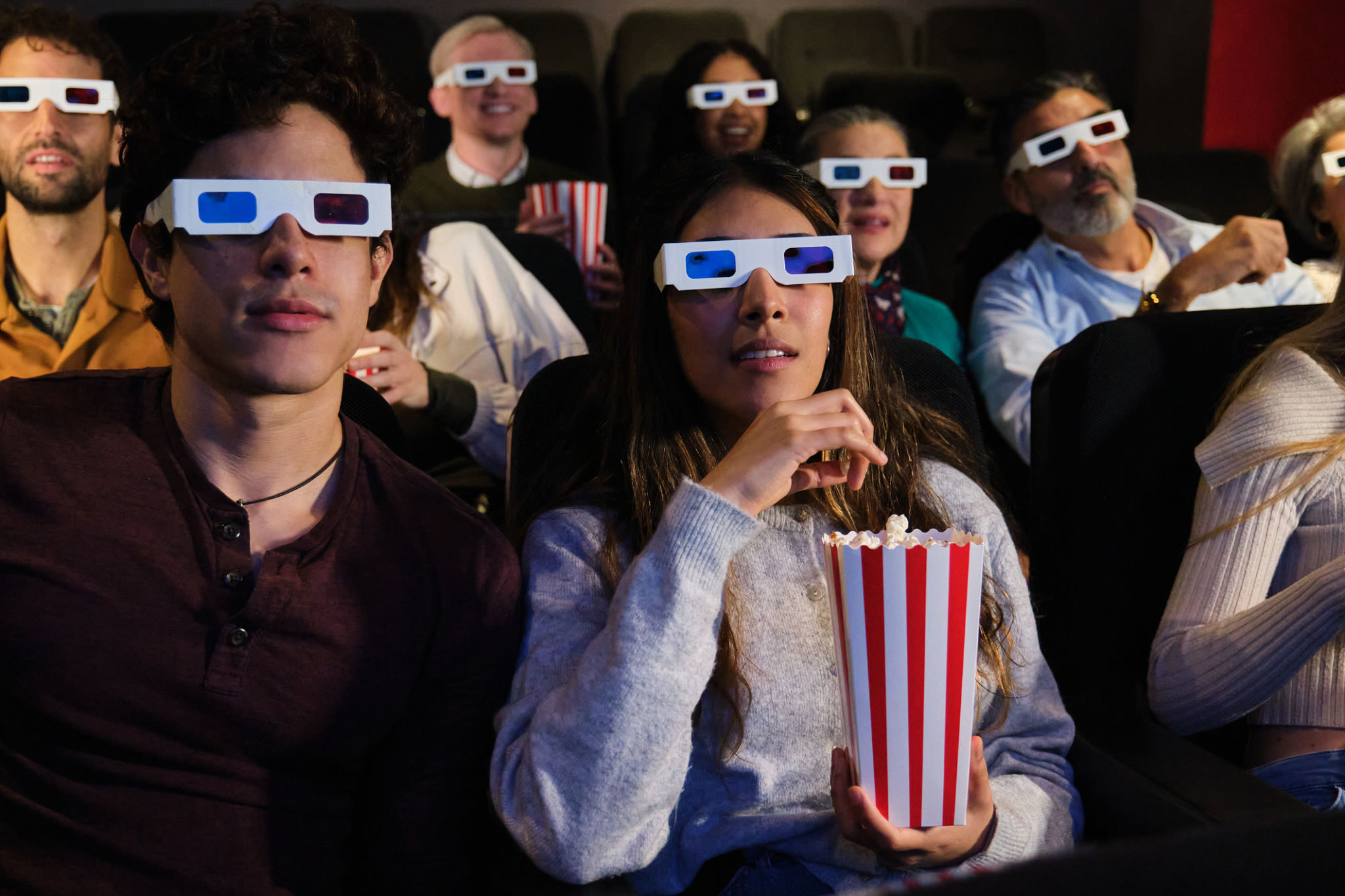How to Set Up VR Equipment Rentals for Arcades: A Complete Guide
Virtual Reality (VR) has revolutionized the entertainment industry, offering immersive experiences that captivate audiences. For arcade owners, setting up VR equipment rentals can be a lucrative opportunity to attract tech-savvy customers. This guide will walk you through the steps to successfully integrate VR into your arcade, ensuring an engaging experience for your clientele.
Understanding Your Target Audience
Before diving into the technical aspects of VR equipment, it's essential to understand your target audience. Are you aiming to attract gamers, families, or tech enthusiasts? Knowing your audience will help you select the right type of VR experiences and equipment. For example, gamers may prefer high-end VR systems with complex graphics, while families might enjoy more user-friendly setups.

Choosing the Right VR Equipment
Selecting the appropriate VR equipment is crucial for delivering a seamless experience. Consider factors like ease of use, durability, and software compatibility. Popular VR headsets include the Oculus Quest 2, HTC Vive, and PlayStation VR. Each comes with its own set of features and price points, so choose one that aligns with your business goals and budget.
Additionally, ensure that you have a variety of content available. This could range from action-packed games to educational simulations. Offering a diverse selection will cater to different interests and keep customers coming back for more.
Setting Up Your Space
The physical setup of your VR space is as important as the equipment itself. Ensure that there is enough room for players to move around without risk of injury. A space of at least 6x6 feet per VR station is recommended for most systems. Proper flooring and clear boundaries can help prevent accidents and enhance the experience.

Safety Measures and Maintenance
Safety should be a top priority when setting up VR equipment rentals. Implement measures to prevent accidents, such as clear floor markings and protective gear. Regular maintenance of the equipment is also crucial to ensure longevity and performance. Clean devices frequently and check for any signs of wear or damage.
Pricing Strategies
Developing an effective pricing strategy is key to attracting customers while ensuring profitability. Consider offering different pricing tiers based on the duration of use or type of experience. For example, you could provide 15-minute sessions at a lower rate and longer sessions at a premium price. Additionally, offering packages or memberships can encourage repeat visits.

Marketing Your VR Arcade
Once your VR setup is ready, it's time to spread the word. Utilize social media platforms to showcase the exciting experiences available at your arcade. Share customer testimonials and behind-the-scenes content to build anticipation. Collaborate with local influencers or host launch events to draw attention and generate buzz around your new offerings.
Customer Support and Feedback
Providing excellent customer support is vital in creating a positive experience. Train staff to assist users with setup and troubleshooting any issues that may arise. Encourage customers to share their feedback, as it can provide valuable insights into areas for improvement and help enhance future experiences.
By following this comprehensive guide, you can effectively set up and manage VR equipment rentals in your arcade. With careful planning and execution, you'll offer unforgettable experiences that keep customers coming back for more.